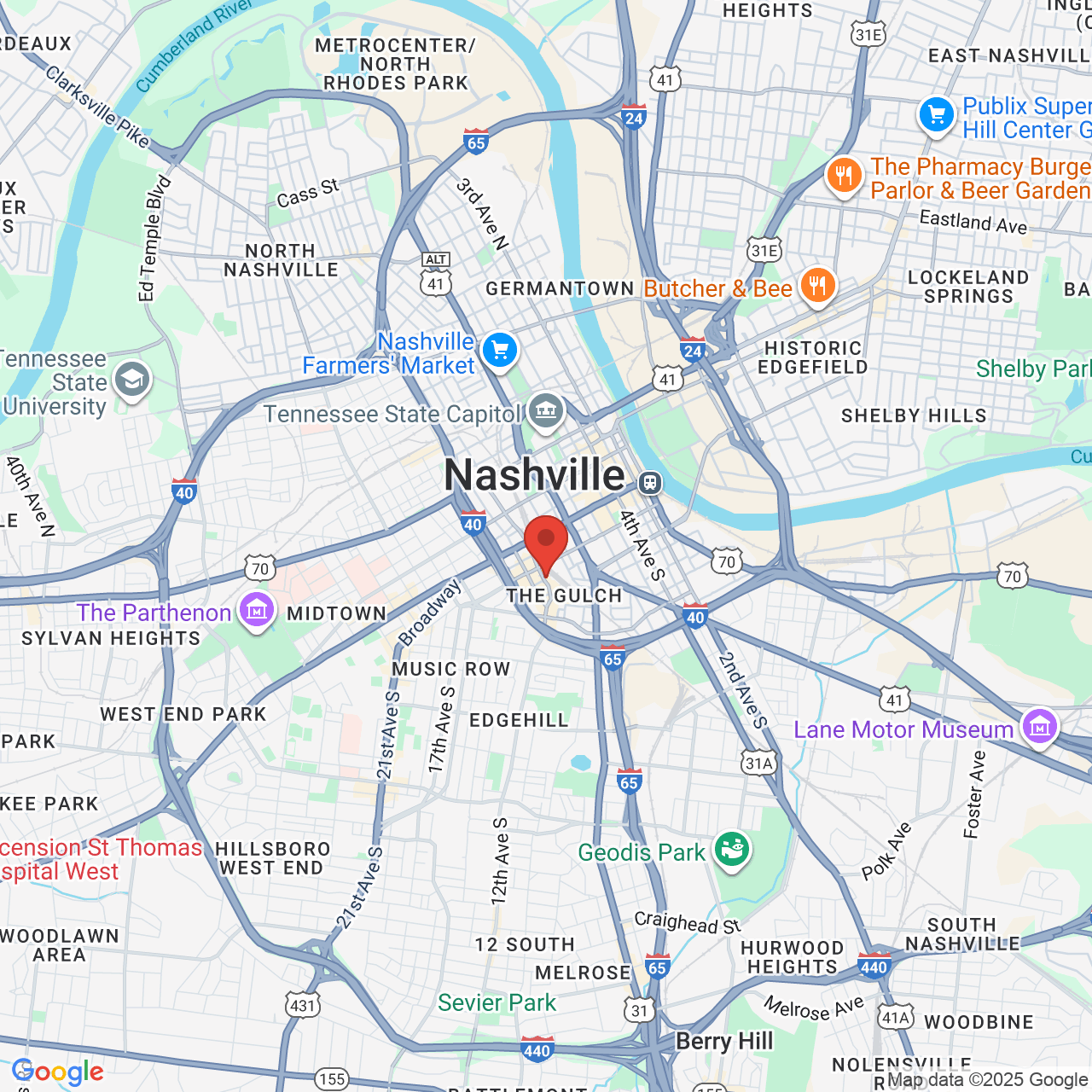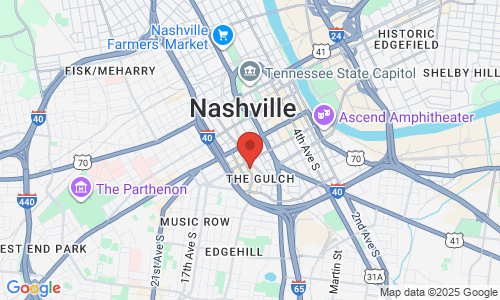Wisdom Teeth Removal Nashville, TN
Comfortable Extractions
From a Downtown Dental Studio
- We treat impacted and infected wisdom teeth in-house
- Every appointment includes time to ask questions
- Calming sedation available for anxious patients
- Centrally located in Nashville with emergency openings
“Very accommodating, professional, and thorough”
“I’ve been going to Gulch Dental since they opened several years ago and I have always had a fantastic experience. They are always very accommodating, professional, and thorough in all aspects of dental care. I’ve since moved away from the Gulch but I will never move away from Gulch Dental.”
— Bill, 5-Star Review
Making Wisdom Teeth Removal Affordable Insurance, Financing, and Payment Options

Most wisdom tooth extractions are covered by insurance when they’re medically necessary. Our dentist in Nashville is here to make sure cost never gets in the way of care.
- We accept most major dental insurance plans
- Monthly financing available through CareCredit®
- Transparent, up-front pricing with no surprise fees
Is It the Right Time to Have My Wisdom Teeth Removed?
Wisdom teeth often cause issues even before they fully emerge, which is why we recommend removing them sooner rather than later. If you’re experiencing any of the following symptoms, it may be time to schedule an evaluation:
- Pain, pressure, or swelling at the back of your jaw
- Signs of gum disease around partially erupted teeth
- Cavities forming in or around your wisdom teeth
- A cyst or fluid-filled sac developing in the jawbone
- Nearby teeth shifting or becoming crowded
We typically recommend removing wisdom teeth between the ages of 17 and 25, or before the roots fully develop and complications have the chance to arise.

What to Expect from Wisdom Tooth Removal at Our Nashville Practice
If it’s your first time having a tooth removed, you’re not alone. We’re here to make sure you feel comfortable and prepared.
Recovery and Aftercare Tips
Healing after wisdom teeth removal is usually smooth, especially when you follow the right steps. Most patients start feeling better within 72 hours and fully recover within a couple of weeks. Here’s how to support your body during the process:
- Manage discomfort: Use prescribed or over-the-counter pain relief as directed.
- Reduce swelling: Apply a cold compress to your jaw in 20-minute intervals during the first day.
- Eat soft foods: Stick to yogurt, mashed potatoes, soup, and other gentle meals. Avoid straws, which can dislodge your healing clot.
- Rest and recover: Take it easy for the first 48 hours. Avoid heavy lifting, exercise, or anything that raises your heart rate.
- Stay in touch: If you have questions or symptoms that worsen, we’re just a phone call away.
Every patient’s recovery is different, but you’ll leave our office with personalized instructions and peace of mind.

Frequently Asked Questions About Wisdom Teeth Removal in Nashville, TN
Will I need a dental implant after my wisdom teeth are removed?
No, wisdom teeth aren't essential for chewing or function, so they don’t need to be replaced. However, if you’ve lost other teeth due to decay or damage, we may recommend dental implants to restore your smile.
What if I need more than just an extraction?
If your wisdom teeth are causing alignment issues, jaw pain, or contributing to infection, we can coordinate additional care like periodontal therapy, root canals, or even a full smile makeover, depending on your goals.
Do I need any prep before my appointment?
We’ll give you personalized instructions during your consultation. If you’re planning to receive dental sedation, you may need to fast beforehand or arrange a ride home. For more complex cases, we may also recommend pre-op imaging or a cleaning and exam to ensure your gums are healthy.
Here to Help When You Need Us
“I was on vacation from out of state and had horrible tooth pain. I called Gulch at 10, was able to be seen at noon! The entire office is pleasant and friendly. Very clean. If I resided here, this would be my dentist! Thank you for seeing me in my emergency situation.”
— Laura, 5-Star Review







